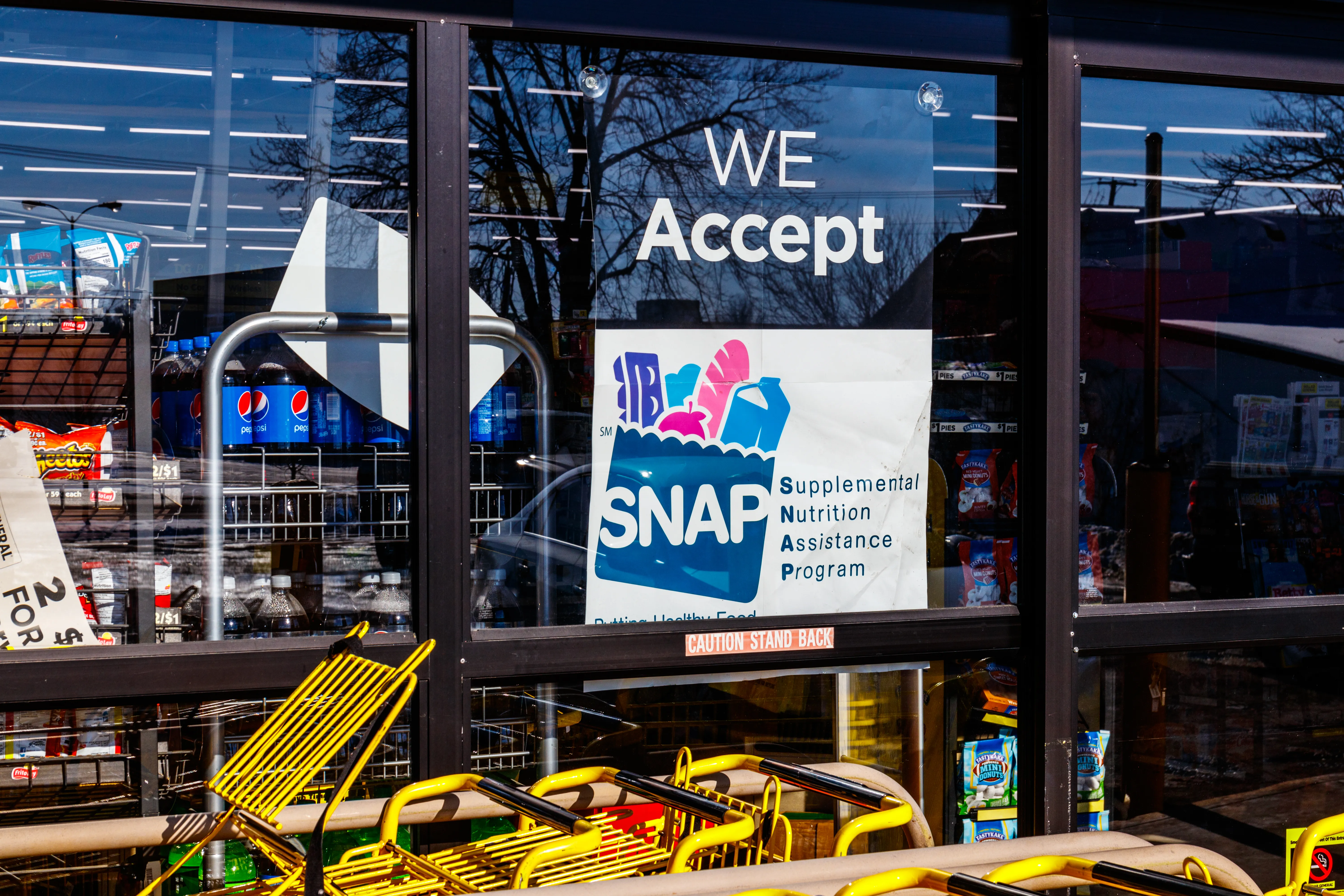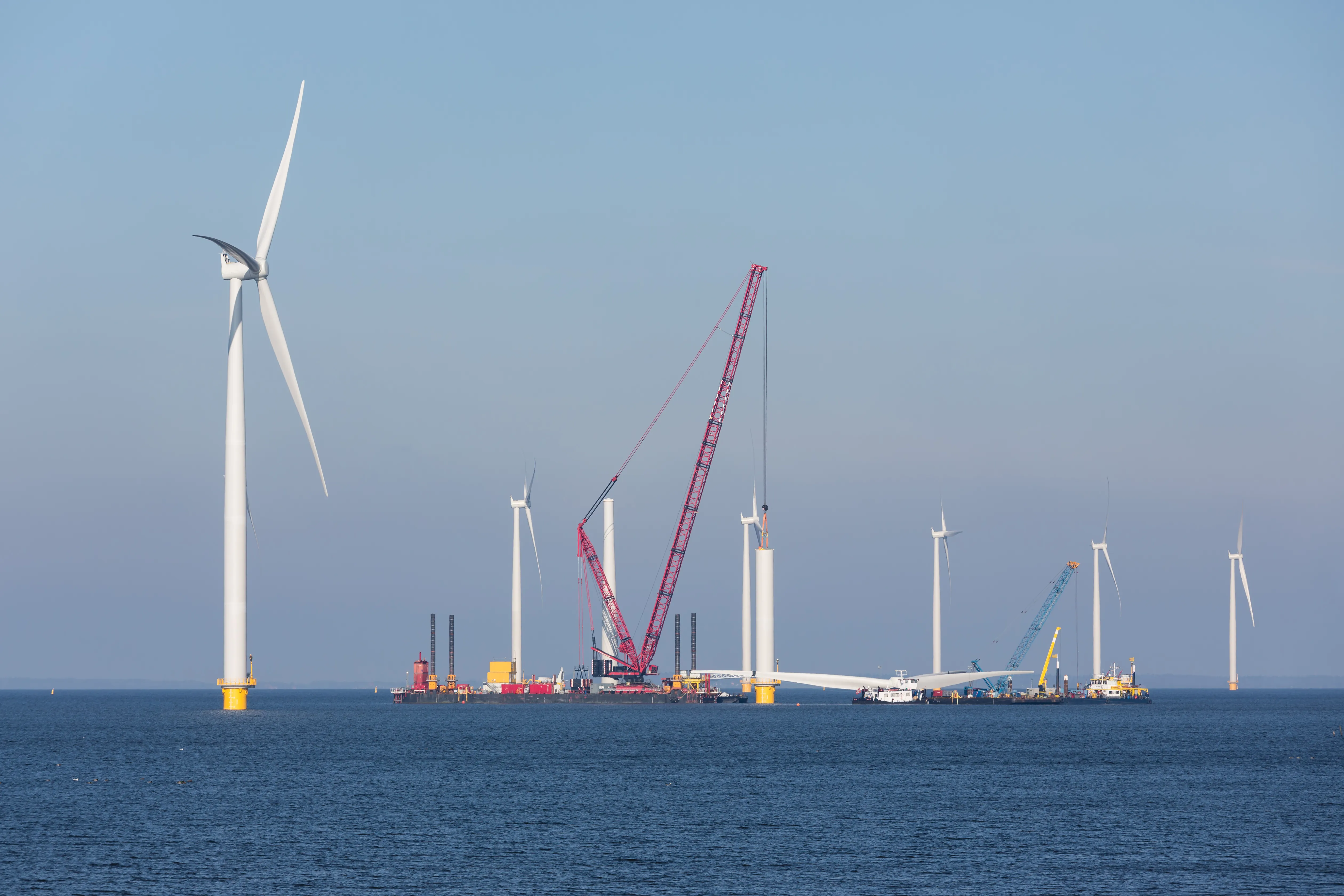
EarthTalk - Is America’s electrician shortage hurting our ability to get away from fossil fuels?
© iStock
Dear EarthTalk:
Is America’s electrician shortage hurting our ability to get away from fossil fuels?
P. Simpson, Dallas, TX
A shift away from fossil fuels is necessary if we are to mitigate climate change, but a serious electrician shortage in the U.S. is proving to be one of the biggest barriers to reaching this goal. An American energy transition will be difficult to realize without enough people with the technical skills to implement it!
In August 2022, President Biden introduced the Inflation Reduction Act (IRA) which included climate legislation aimed at lowering emissions and stimulating the green job economy. The act pledges a $370 billion investment over the next decade in clean energy initiatives, and includes tax rebates to ensure that using renewable power sources is the accessible and attractive option.
The act thus increases the demand for the people who make these changes possible: electricians. To service the greater number of electric vehicles on roads (due to the $7,500 tax rebate on new electric vehicles), electricians need to install hundreds of charging stations along highways. The shortage of electricians, particularly in California and the Northeastern states where demand for these developments is greatest, manifests as months-long waiting lists, discouraging consumers from going green.
Unfortunately, the rate at which electricians are retiring is greater than the rate at which new electricians are joining the workforce. Despite the median electrician’s salary being greater than the average American salary, it is proving difficult to recruit and retain younger electricians. A university education is often perceived to be the most desirable route out of high school. The director of a regional apprenticeship program of the Laborers’ International Union of North America said to David Owen of The New York Times, that despite union members earning more than $50 per hour (in wages and benefits) ...one challenge “is overcoming the hesitation of parents who worry that “laborer” means “sweeper.”
Technical schools, for those few who decide to attend, lack funding and teachers—experts earn far more in industry than they do teaching. Similarly, many electricians choose not to take on apprentices because it drains company money and time. Fortunately, some states (see below) offer tax credits to employers who take on apprentices, an incentive which encourages experienced laborers to educate the next generation. If your state is not listed, appeal to your local congressperson for change.
The extent of the electrician shortage could also be reduced by resolving the gaping hole in the skilled-labor industry: women and people of color. Harassment, historically exclusionary unions and lack of childcare are sometimes insurmountable barriers to entry. Only seven percent of electricians are black, and less than two percent are women. Developing and diversifying the workforce is sorely needed, but while that will emerge as it is doing in many industries, consider becoming an electrician. As climate activist Bill McKibben told The New York Times in an interview: “If you know a young person who wants to do something that’s going to help the world and wants to make a good living at the same time, tell them to go become an electrician.”
CONTACTS
- Inflation Reduction Act Guidebook, whitehouse.gov/cleanenergy/inflation-reduction-act-guidebook/
- Apprenticeship Credit States, apprenticeship.gov/investments-tax-credits-and-tuition-support/state-tax-credits-and-tuition-support.

















